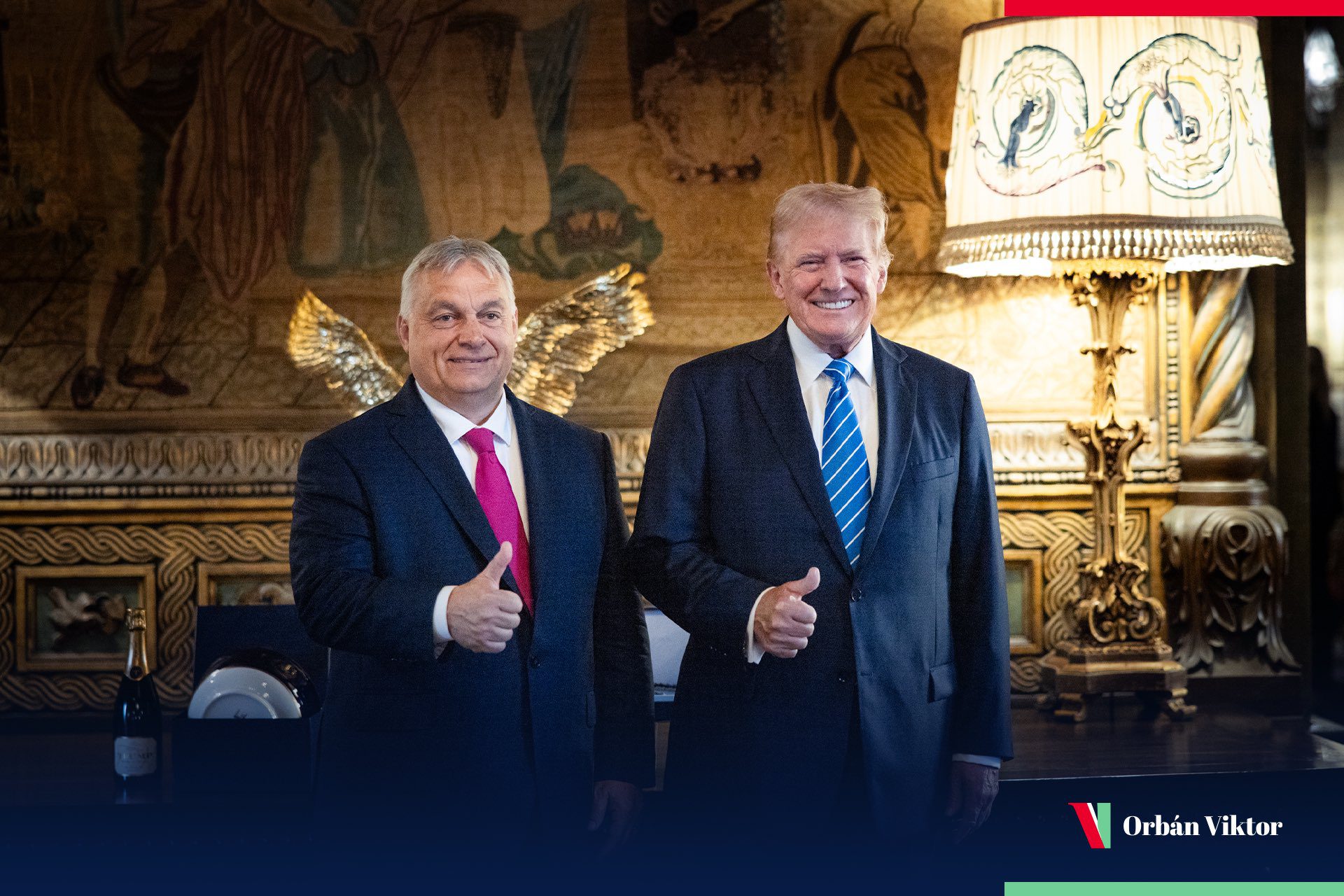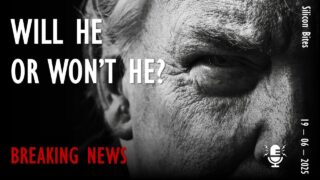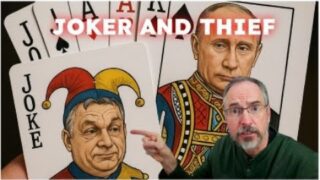
Politico: Hungary’s Orbán blocks $ 50 billion aid for Ukraine to help Trump
Hungarian Prime Minister Viktor Orbán is maneuvering to obstruct a proposed $50 billion loan package for Ukraine from the proceeds of frozen Russian assets, a move that could benefit former US President Donald Trump if he gets re-elected, according to Politico.
Frozen Russian assets, estimated at $300 billion globally, are being considered for use in supporting Ukraine’s recovery and defense amid the ongoing war. The G7 countries decided to provide Ukraine with a $50 billion loan from these assets by the end of 2024. It could offer Ukraine a strategic security cushion over the next five years, ensuring a steady supply of weapons and safeguarding against Western political volatility. While the G7 and the EU are exploring legal mechanisms to transfer or allocate these funds, Hungary has frequently blocked or delayed financial support for Ukraine.
The Hungarian leader’s stance could allow Trump, if re-elected, to avoid committing to long-term financial support for Ukraine, according to Politico.
“They [Hungary] don’t care if Europe has to pay more. It’s about helping Trump,” an EU diplomat told Politico.
Orbán is refusing to extend the EU’s sanctions renewal timeframe from six months to 36 months, a change requested by Washington to secure US participation in the loan. This extension would reduce the risk of a single country unfreezing Russian assets, which are meant to repay the loan.
Orbán’s actions align with his recent public support for Trump. The Hungarian Prime Minister reportedly stated he would open “several bottles of champagne” if Trump wins the November election.
Despite Hungary’s obstruction, the EU is considering proceeding with the loan independently. However, this could result in higher costs for European countries, including Hungary itself.
“If we don’t work this out [by extending the sanctions duration] it will cost the EU — including Hungary — more money,” another EU diplomat explained to Politico.
The US is reportedly exploring alternative options, including a reduced contribution of $5 billion, roughly equivalent to the Russian assets it holds domestically.
Japan has also indicated it might withdraw from the loan agreement if the US does not participate.
Italian Prime Minister Giorgia Meloni said that the loan will not be financed by the EU countries, instead the money will be provided by the USA, Canada, Great Britain and, probably, Japan.
The European Commission later offered to provide up to 35 billion euros, depending on how much other allies offered to contribute.
So far, The EU has allocated €160 million from frozen Russian assets to support Ukraine’s humanitarian needs, particularly focusing on the energy sector as winter approaches.
Related:










